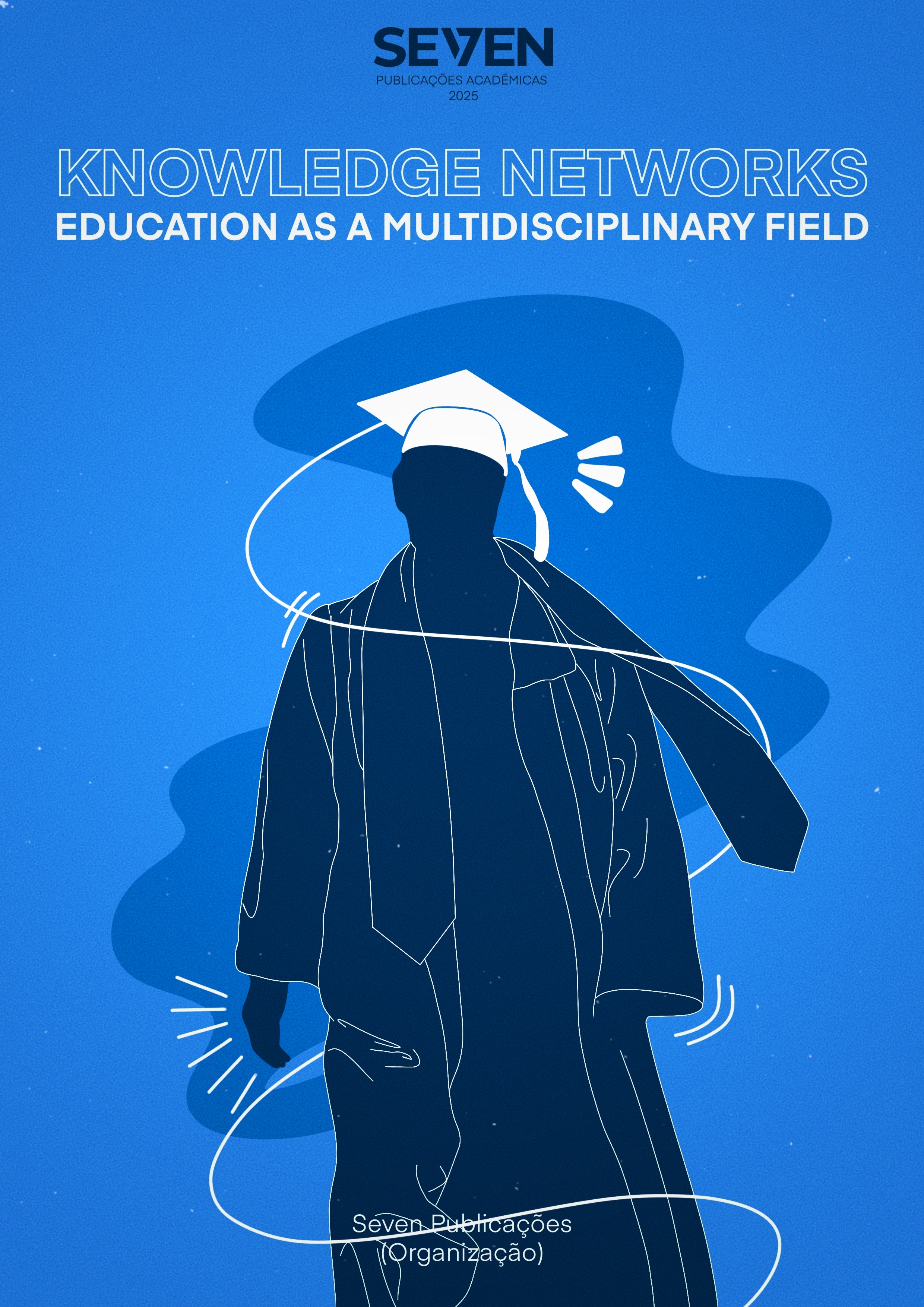INAPPROPRIATE USE OF CELL PHONES IN THE CLASSROOM: IMPACTS ON CONCENTRATION AND LEARNING AT ECIT ADVOGADO NOBEL VITA
Keywords:
Cell Phone Use, Classroom Distraction, Academic Performance, Educational Technology, Teacher PerceptionAbstract
This study addresses the growing challenge of inadequate cell phone use in the classroom and its impact on student learning and attention. Assuming that, while mobile devices can be pedagogical tools, their uncontrolled use has become a central concern, this work aims to investigate the practices of improper cell phone use at ECIT Advogado Nobel Vita in Coremas-PB. The specific objectives were to identify the purposes of this use and to understand the perceptions of both students and teachers on the subject, focusing on the dynamics of attention and learning. The methodology employed a mixed-methods approach, combining quantitative and qualitative elements. Data collection was carried out using semi-structured questionnaires, administered via Google Forms, to a sample of 135 students and 18 teachers from the mentioned school. Quantitative data were analyzed using percentages and graphs, while open-ended perceptions were processed through thematic analysis to identify relevant patterns and categories. The results revealed that inadequate cell phone use is widely prevalent, with 68.1% of students admitting to engaging in this practice. This incidence compromises attention and content assimilation, with 65.1% of students recognizing that cell phone use hinders their concentration. The teacher's perspective corroborated these findings, with 88.9% of teachers observing improper use and 90% stating that it negatively affects classroom dynamics, with 70% reporting this occurrence frequently. These data highlight that inadequate cell phone use constitutes a significant obstacle to the teaching-learning process. The main contributions of the project lie in providing a localized and empirical diagnosis of a global problem, emphasizing the urgency of effective approaches. The study points to the pressing need to implement strategies that promote student awareness and institutional policies that limit improper use, while also considering the potential of technology as a pedagogical tool. It is recommended that the school community agree on clear guidelines and explore the potential for conscious use of technology. Furthermore, a new study is suggested to investigate the direct correlation between improper cell phone use and academic performance among low-achieving students.
Downloads
Published
Issue
Section
License
Copyright (c) 2025 Robson Silva Cavalcanti, Carla Rossana de Araújo Torres Nogueira, Hugo Soares Cavalcanti, Marcos Vinícius Dionízio da Silva, José Jonas Almeida Silva, Maria de Fátima Silva Cavalcanti, Ana Amélia Cavalcanti Nunes

This work is licensed under a Creative Commons Attribution-NonCommercial 4.0 International License.





